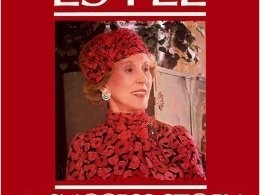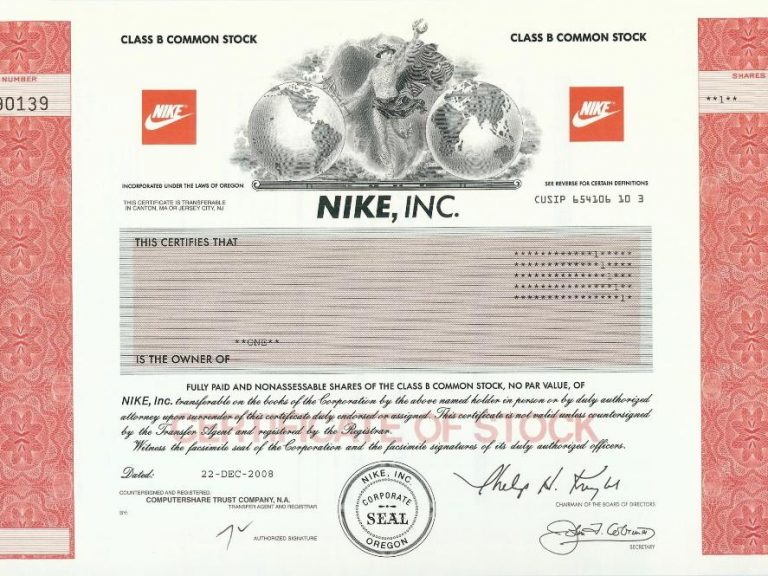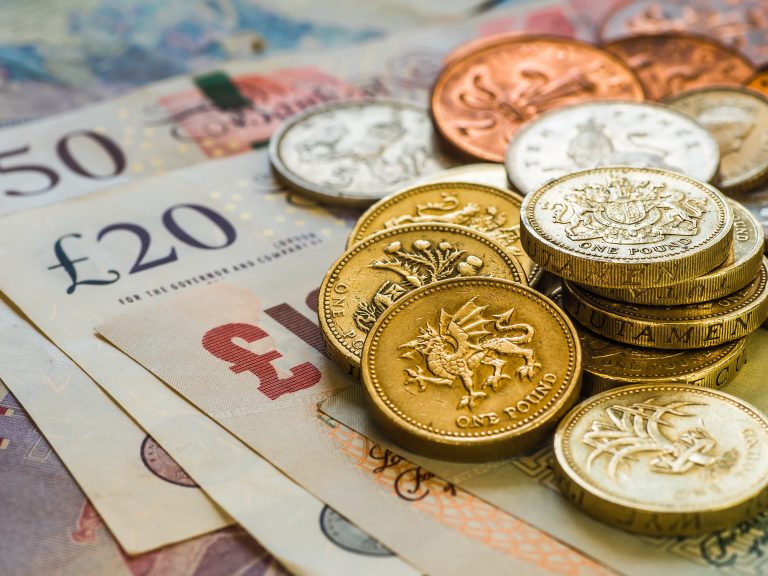[vc_row][vc_column][vc_column_text css_animation=”none”] [/vc_column_text]
[/vc_column_text]
Are you in the mood for a case study resource for your own investment policy manual? If so, brace yourself because this one is heartbreaking. You can learn a lot from it, and save your own family a great deal of tragedy, but it’s going to involve surveying the ruins of the lives of others…
Imagine you have a policy with an insurance company. This insurance company is mutually run, which means there are no stockholders. Instead, the policyholders own the business and the enterprise is managed to give policyholders the best service, at the lowest possible price, as a cooperative undertaking. Now, imagine that one day, the policyholders’ representatives decide they want the business to become a for-profit corporation.
It’s no secret that most wealth in the United States is so-called stealth wealth. We now live in a country where roughly 1 in 5 families earns six-figures a year or more, which most people wouldn’t believe, and for those who put aside money, something like 80%+ of millionaires hide their net worth from friends and…
From time to time, I get messages from business owners or entrepreneurs who are discouraged and upset. Their family, friends, colleagues, bank officers, or suppliers don’t believe in what they are trying to do and they take it personally. This afternoon, as I sat in a McDonald’s restaurant having coffee and revisiting an excellent book called McDonald’s Behind the Arches that details the historical rise of one of the world’s largest real estate portfolio masquerading as a hamburger chain, I was reminded of a story I first read back in college that I think has a lot of powerful lessons.
Estee Lauder couldn’t get an ad agency to accept her company as a client because her budget was too small. Facing rejection after rejection, she decided to take the $50,000 she had set aside for marketing and try something new. Undeterred by the endless stream of “no”, she mailed direct samples to consumers, launched a virtually…
I mentioned yesterday in the post about Japanese Gyoza that we had seen Maleficent twice this week in theaters. With time to reflect on the film, I keep coming back to the economic power of certain types of enterprises. It reminds me of a story from a speech Warren Buffett gave two decades ago to…
Often your best investment opportunities are staring you right in the face based on situational knowledge you have due to your physical location, career, or network; things that other consumers and capital allocators don’t, yet, realize.
Mental Model: Situational Knowledge Last night, I was talking with Aaron about the situational knowledge mental model and its implication for business innovation. For those of you who aren’t familiar with it, situational knowledge is a type of experience-based knowledge that arises either organically or through training, creating a database of relevant facts and implicit…
he Journal of Economic Perspectives: Vol. 27 No. 3 (Summer 2013) has a wonderful piece on the investment record of John Maynard Keynes, who managed to beat the market by an average of 8 percent per year from 1921 through 1946 by focusing on long-term, high quality dividend-paying stocks as well as smaller enterprises that had room to grow. When he died in his early sixties, Keynes had achieved the rank of one of the richest economists in history, amassing a fortune equal to $30,000,000 today.
Indirectly, at least. The Norwegian sovereign wealth fund, arising from the events set in motion in 1969 when the country struck oil in the North Sea, has managed to avoid using the wealth it generates from crude on temporary boosts in government spending, instead conservatively investing it for the good of the nation. It’s grown…
[vc_empty_space][vc_column_text css_animation=”none”]

[/vc_column_text][/vc_column][/vc_row]












